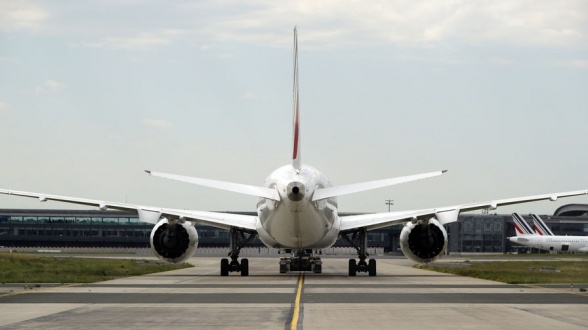
About 350,000 European Union (EU) citizens, who have been stuck abroad because of Coronavirus-related travel restrictions, have been repatriated, but 250,000 are still being held, EU officials said Thursday.
The European Union has come in to help member states and neighboring countries, including the United Kingdom, Norway and Iceland, to repatriate travelers whose return flights had been canceled due to the pandemic.
The Union has set up a specialized team within its Civil Protection branch to deal with repatriations, as airlines around the world have canceled many flights following the imposing of travel restrictions.
A high-ranking EU official said that since the beginning of the crisis some 600,000 people had requested help to return home, either through their embassies or through EU missions abroad.
“Of these 600,000, about 350,000 have been able to return home…leaving about 250,000 EU citizens outside the borders,” the official said.
Most returns were made by commercial flights or charters organized by national governments. Only one out of ten were organized by the EU’s crisis management unit.
For example, the Belgian government said it had organized “more than 25 repatriation flights”, notably to bring stranded people back from Morocco or other tourist destinations in the Mediterranean basin.
The EU team coordinated efforts among member states and compiled a list of 25 problematic countries with a color-coded classification system, depending on the complexity of the repatriation.
Similarly, the 250,000 pending cases include “more complicated repatriations in more difficult countries or more tense circumstances”.
“Just because we’ve settled half of the cases doesn’t mean we’re halfway through the effort,” the official warned.
Part of the EU’s effort has been to persuade countries to keep their airspace and transit areas open to allow the movement of travelers.
EU foreign ministers are scheduled to hold a videoconference on Friday to discuss the international aspects of the Coronavirus crisis, in particular what can be done to support poorer countries in the fight against the pandemic, which has already killed nearly 50,000 people worldwide.
They fear that eradication of the virus in Europe will not be enough if it continues to rage elsewhere in the world.




Be the first to comment